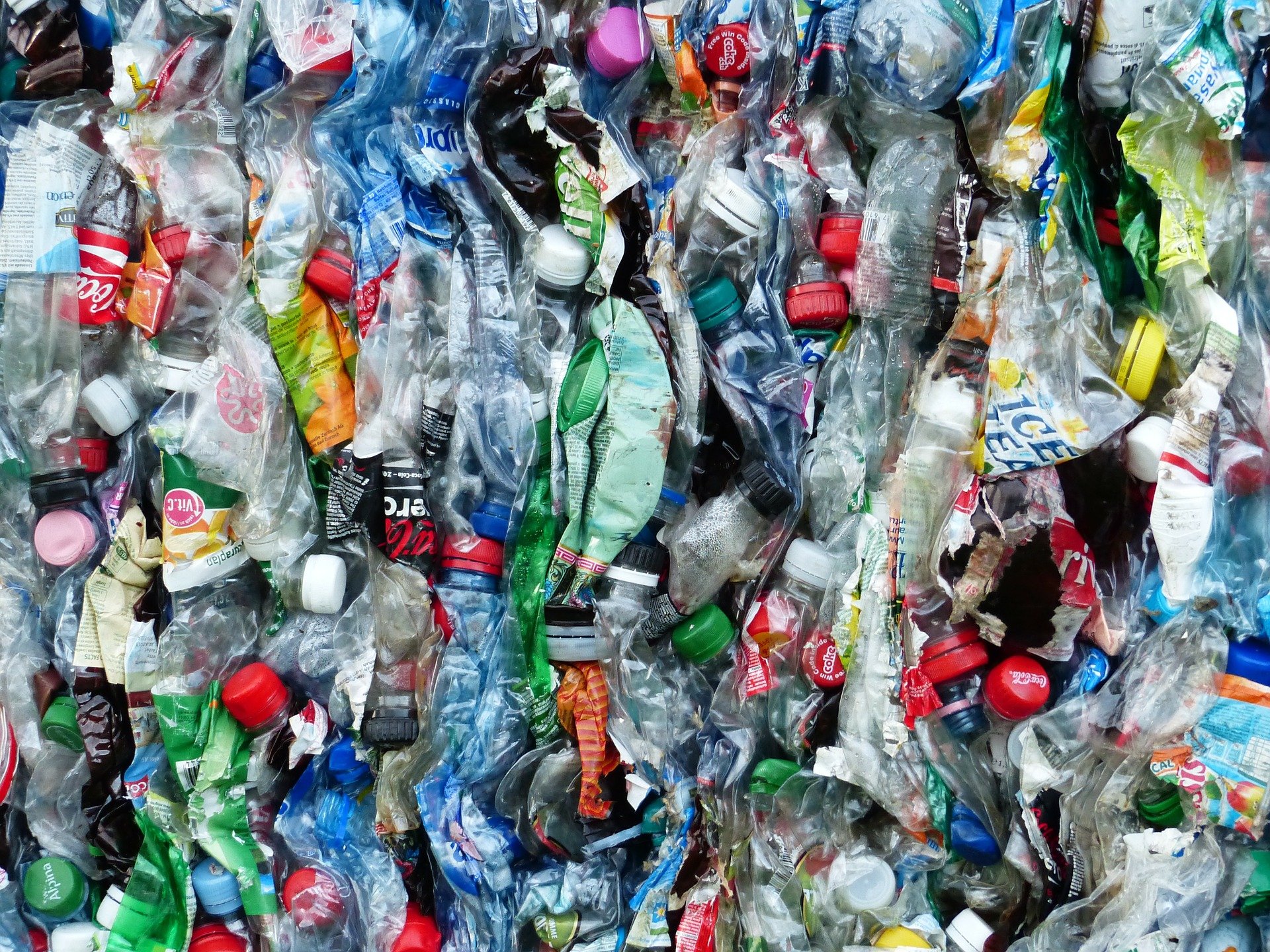Many customers are becoming more and more conscious about the impact their choices are leaving on the natural environment which is a very good tendency. Yet, it is crucial to be very attentive to the options offered on the market as sometimes green alternatives are not thus green at all.
The meaning of labels referring to bio and eco products
Needless to say, bio and eco are the most fashionable prefixes used by marketing today. On the one hand, it seems that choosing the products with such prefixes is a better choice, however, in the reality there is a huge difference between the products with different eco labelling. On top of that, there is also custom labelling which actually does not have any practical meaning except for letting the manufacturers to set a higher price for such products.
Symbols of ecological production
In the reality, there are not so many labels which guarantee the product is completely ecological on all of the steps of its production. These labels are Nordic Swan, EU Ecolabel, Eco Mark as well as Vitality Leaf.
Such labels as, for example, EU Organic, does not mean the product is completely ecological. It confirms the raw material used for the production of the goods marked with such a label was grown with the use of natural fertilisers.
FSC is a symbol for making wooden goods which were made of wood coming from official and sustainable tree plantations. At the same time such symbols as TCO and Energy Star are used for making electronic devices with a minimised used of electricity.
Fair Trade is probably one of the most widely known symbol associated with ecologically-friendly goods, however, it is important to realise its primary meaning is that the goods were produced by the employees working according to the working standards meeting the regulations. The symbol is also referring to ecological regulations, however, it is more relatable to the quality of working conditions.
Cruelty Free International, Choose Cruelty Free, PETA, Vegan and V-Label are the symbols used for labelling products which were not tested on animals. Certainly, it is important for ecology, however, it is not connected to the issue of ecologically-friendly production in a wider sense as well as bio production.
Symbol of recyclable materials
Möbius Loop is a particularly widespread symbol which can be found on many packages. Some people mistake it for the indication that the packages of such products are biodegradable. The symbol has a different meaning though. It is used for marking the packages which can be recycled and provides with additional information on sorting.
Der Grüne Punkt is another popular symbol which can cause a lot of confusion. In fact, it can also be used for marking recyclable packages, albeit you can find many products with such a dote which do not have recyclable packages. That is so because the symbol can also be used by the companies which are supporting financially the recycling industry while their packages are not recyclable themselves.
What does it all mean?
As you can see, the majority of the symbols mentioned above actually do not have anything in common with organic production. At the same time, products called by their manufacturers as bio, although they are not labelled with EU Ecolabel, EcoMark, Nordic Swan or Vitality Leaf symbols are not necessarily organic either. They might be indeed organic, but it is not possible to check it.
Another crucial point you should understand if you want to lead an ecologically-friendly lifestyle. While purchasing goods in recyclable packages is a way better than choosing the ones in the packages which cannot be recycled, it is not necessarily a green approach. The recycling process will still require a lot of energy and will include a fraction of the material which cannot be reused. This is more a solution to a problem rather than a preventative measure which will not create such a problem in the first place.

